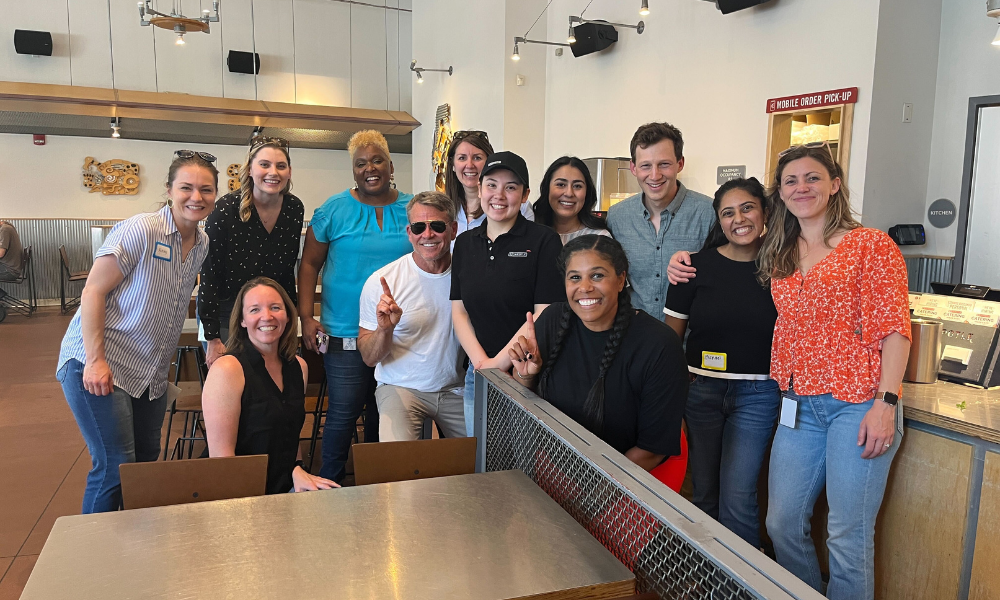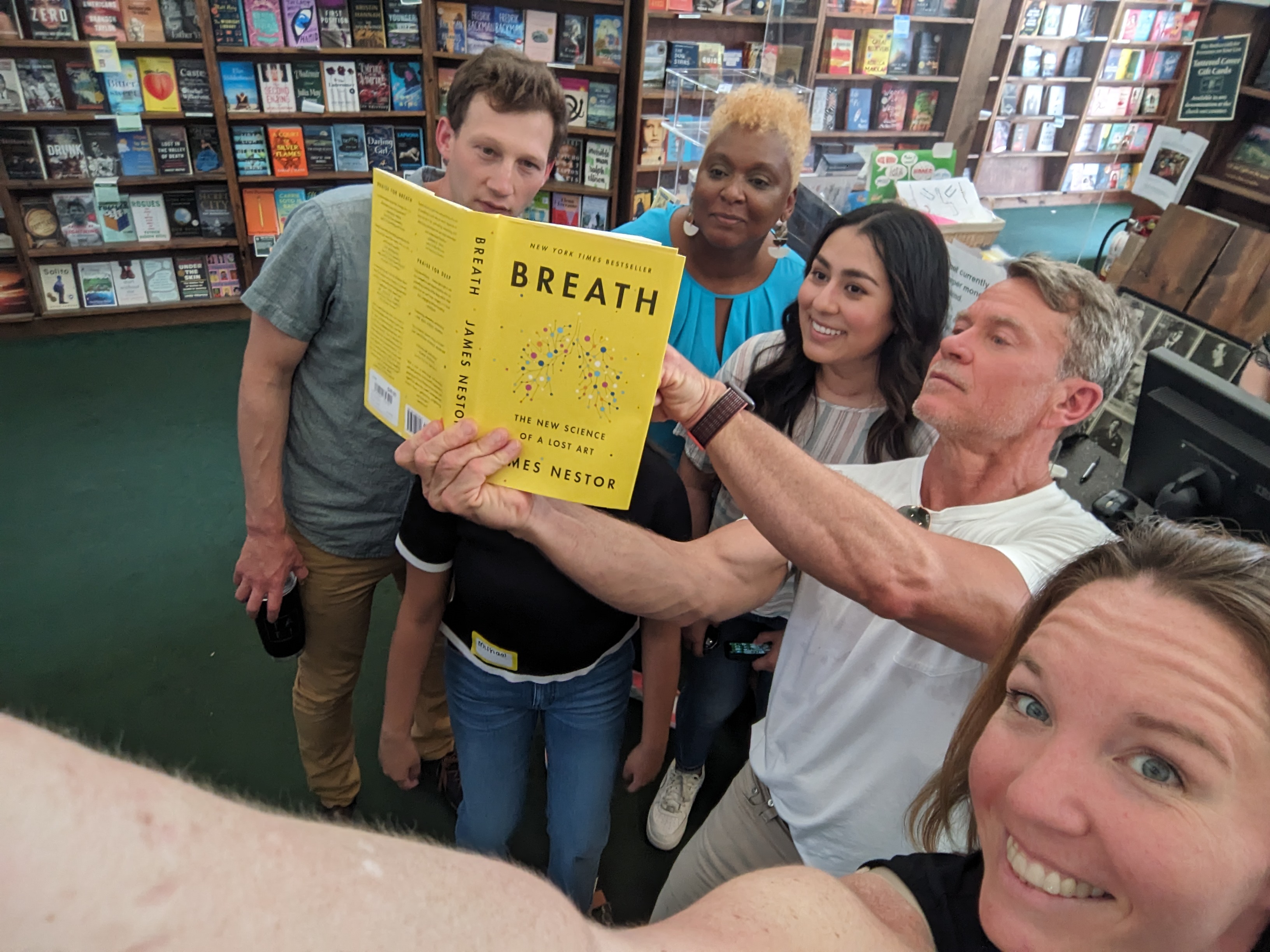
HR leader Dean Carter focuses on company purpose at Guild Education

It’s not a title commonly heard: Chief of People and Purpose Officer.
But it’s one taken by Dean Carter specifically for his role at Guild Education, in line with his belief in the inseparable connection between people and purpose.
Having witnessed the evolving nature of purpose and its increased significance during the COVID-19 pandemic, Carter believes now more than ever that a crucial role of HR is to drive corporate purpose as a core business function, by creating sustainable work and jobs that can endure for decades, rather than making short-sighted choices.
Carter encourages other companies to embrace this mindset, as more organizations are recognizing the need for purpose-driven leadership.
"There are more Chief People and Purpose Officers out there, and people are realizing we drive purpose in a big way,” said Carter. “I don't know that we necessarily drove purpose for a very long time. There were a lot of things that we were driving, but it wasn't necessarily purpose. I think that changed a lot over COVID.
“We had a significant purpose during that time: saving some people's lives."
The pandemic presented HR teams with daily decisions concerning employee safety, protocols, and well-being. As individuals worked from home and societal events like George Floyd's murder sparked racial unrest and reconciliation, employees began contemplating the purpose of their work.
This realization led many employees to seek meaning in their professional lives and align their work with purpose, says Carter.
"People started thinking, ‘Wow, the time that I spend at work as a human being… does that matter? Like, what is the point of it in the first place?’"

Clear purpose-driven missions, such as Patagonia's commitment to saving the planet, should permeate every aspect of an organization's operations, Carter told HRD. He said that Guild Education’s purpose is to unlock opportunities for America's workforce by addressing barriers and creating pathways to success.
"People are locked out of opportunity. We feel like talent is widely available, but opportunities are not. And how do we fix that? That's what I'm here for every single day,” Carter said.
"Every single thing we do in terms of the HR team starts to set a culture of purpose. We need to understand purpose fundamentally, which is: Why does this company exist?"
Carter highlights the importance of clarifying a company's purpose and ensuring that all HR initiatives and actions contribute to that overarching mission. In this way, HR teams can foster a culture of meaning and inspire employees to contribute to a greater mission.
In today's dynamic job market, corporate purpose has become a critical element in attracting and retaining top talent; plus, Carter emphasizes the value of fostering a sense of community and shared purpose.
"When you have a friend at work that you share the same purpose with, you're more likely to stay," Carter said. “When employees perceive a strong alignment between their personal purpose and the company's purpose, they are more likely to stay committed and engaged.”
Turning the focus to sustainability, Carter encourages HR departments to adopt a long-term perspective when making decisions. As advancements in technology, such as AI and automation, reshape the workforce, HR professionals must proactively plan for reskilling and upskilling initiatives, he says.
"The challenge... is to go ‘OK, what is the skilling and rescaling we need to do for our workforce today so that these jobs are sustainable for tomorrow?’
“By investing in the development of existing talent, organizations can minimize the need for external hiring and strengthen their internal capabilities.”